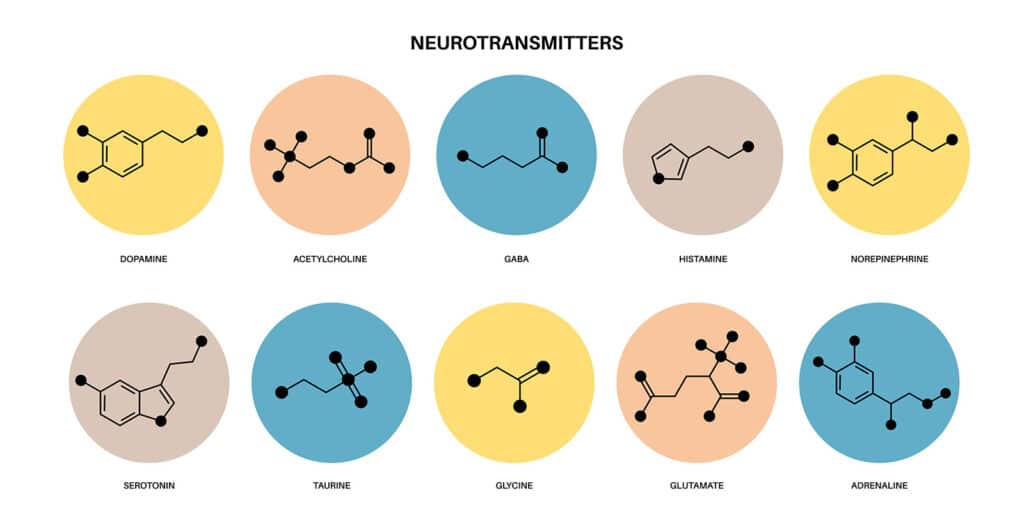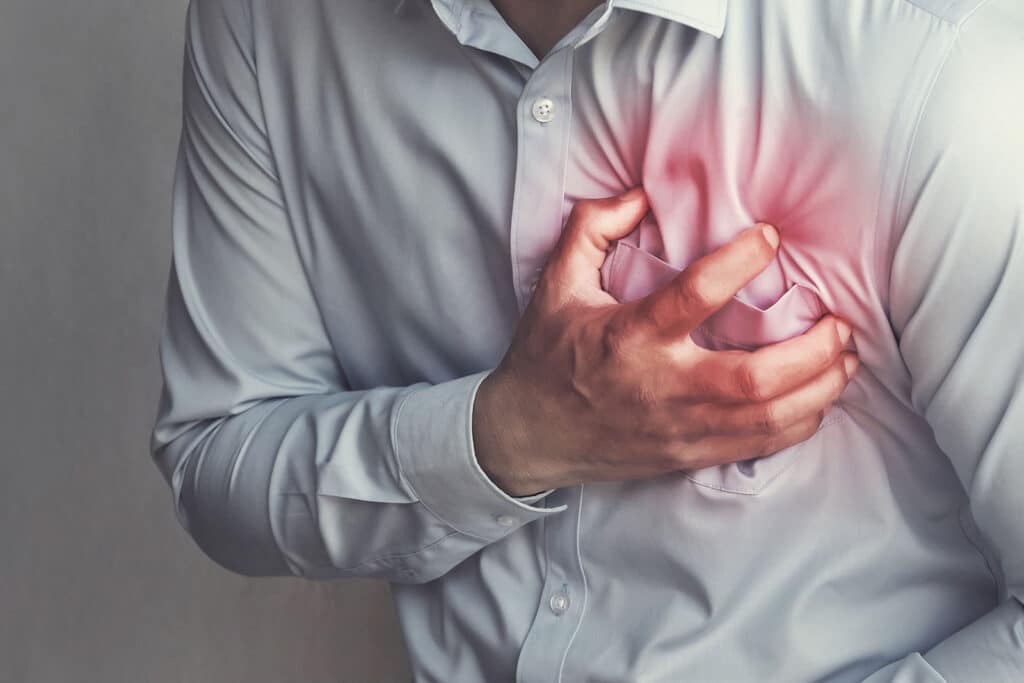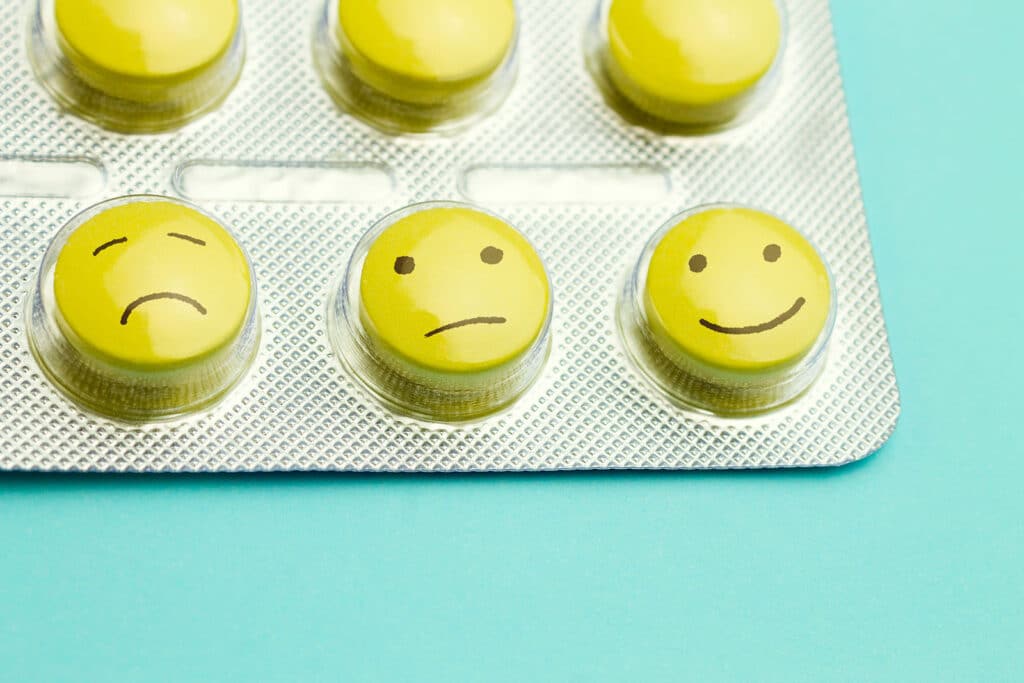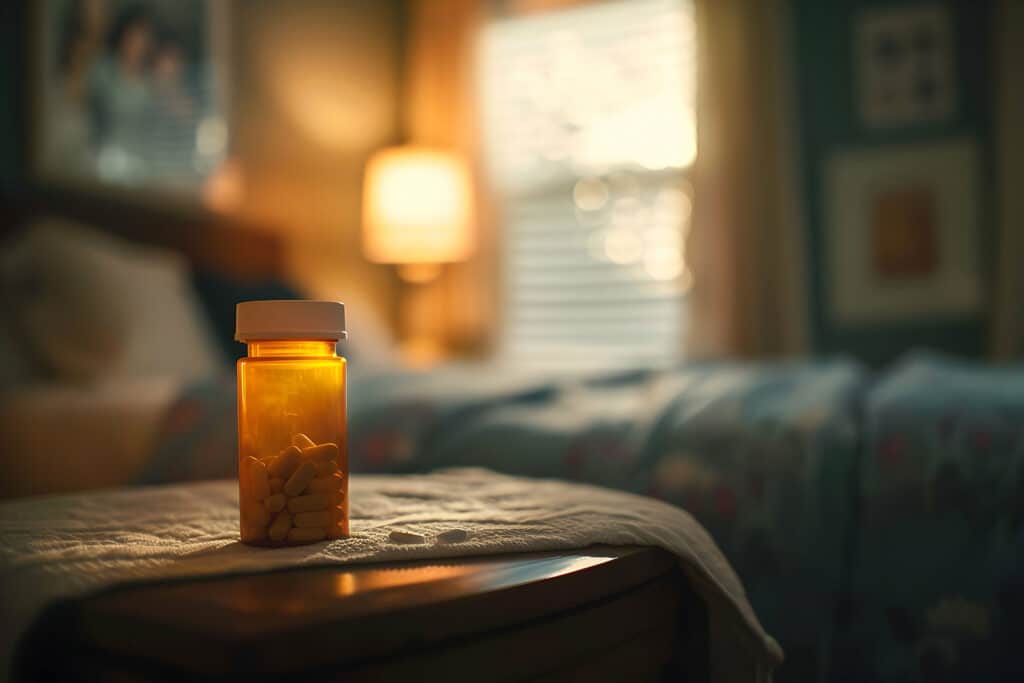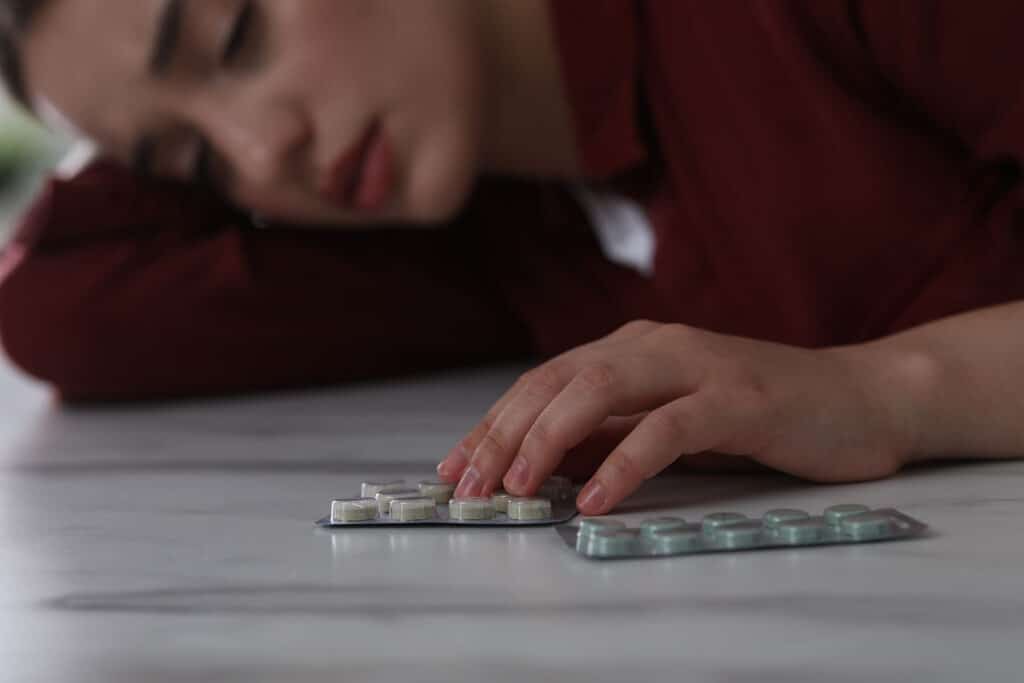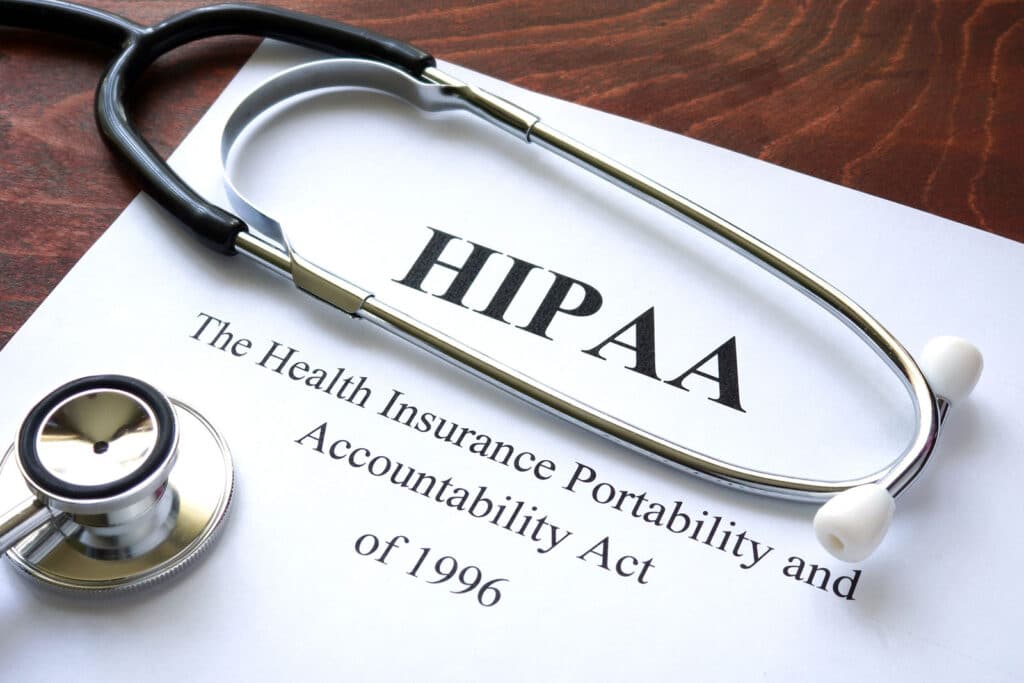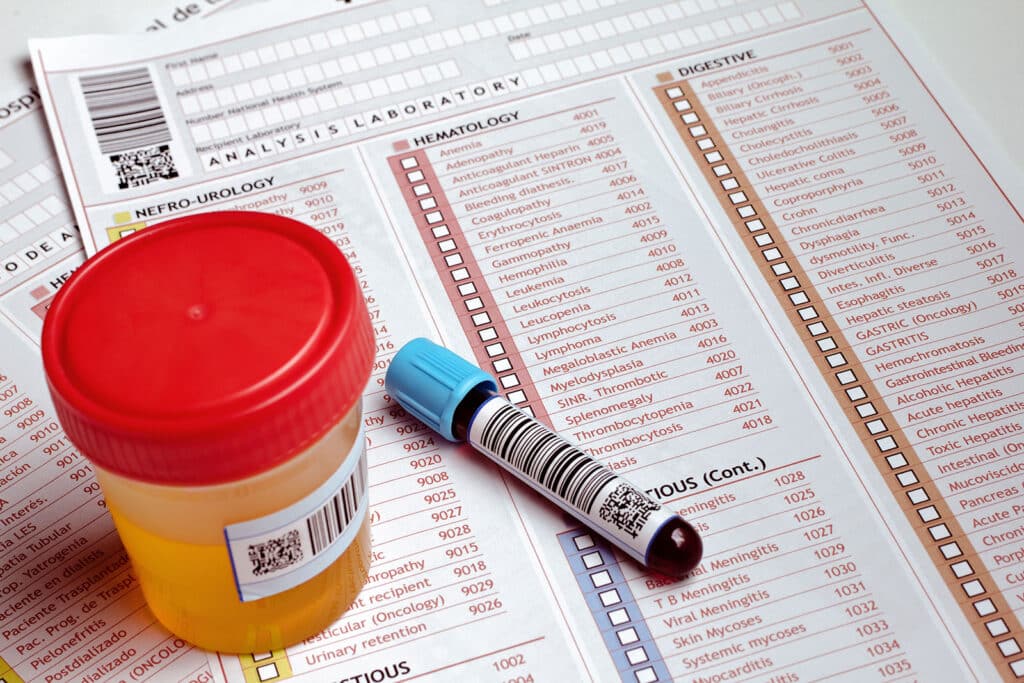Millions of people suffer from issues with drug and alcohol abuse. Luckily, there are various addiction treatment plans available for such individuals when they decide they want to get better.
However, it’s essential that you pursue the treatment plan that’s right for you.
This is where drug and alcohol evaluations come in. These evaluations examine your history, pattern, and frequency of substance abuse, your mental and physical health, your family history, and the environmental factors that may be causing your addiction.
By using comprehensive tools and methodologies to assess your situation, our counselors at the Illinois Recovery Center can recommend the treatment options that give you the best chances of recovery.
Read on to learn more about how drug and alcohol evaluations work. We’ve also outlined how their results are used to help you get the treatment you need to get better.
Understanding Drug and Alcohol Evaluations
A drug and alcohol evaluation is a process that involves gauging the seriousness of an individual’s drug or alcohol addiction. In essence, it’s a way of deciding if this individual needs treatment to address their problems with substance abuse.
The person being evaluated works with an addiction counselor to determine whether their usage habits fall under the category of social use, abuse, or dependence.
These evaluations can take place in person or over the phone. The counselor asks you questions about various factors that may be correlated to your drug or alcohol addiction. These factors include things like your lifestyle, living conditions, relationships, and employment status.
Here are some topics a counselor is likely to ask about during a drug and alcohol evaluation:
- The frequency of use.
- The substance being used.
- The period of use.
- The location of use.
- The usage patterns throughout different life stages, such as childhood and adolescence.
- The objectives you wish to achieve through treatment.
Tools and Methodologies Used in Drug and Alcohol Evaluations
There are various tools professional counselors use when conducting a drug and alcohol evaluation. These tools include physical exams, questionnaires, and physical assessments.
Additionally, there’s a trio of standardized screening tools that can be utilized: the Alcohol Use Disorders Identification Test-C (AUDIT-C), the National Institute on Drug Use Screening Tool (NIDA), and the CAGE assessment.
Here’s a brief overview of the questions to expect during a CAGE assessment:
- Cutting down on drinking: Have you ever felt you should cut down?
- Annoyance due to people criticizing your drinking: Have you ever been annoyed when people criticize your drinking?
- Guilty feelings: Have you ever felt guilty about your drinking?
- Eye-openers: Have you ever felt it necessary to drink as soon as you wake up?
If the answer to any two of these questions is yes, then a deeper evaluation is deemed necessary.
The Role of Drug and Alcohol Evaluations in Developing Personalized Treatment Plans
As previously mentioned, the main objective of drug and alcohol evaluations is to determine the severity of a person’s substance abuse problems. However, the role of such evaluations doesn’t end there.
They’re also meant to provide counselors with the guidance they need to put a person in the right setting to help them get better.
The severity of an individual’s drug or alcohol problem determines the type of treatment they’ll need and the intensity of care they’ll require to achieve the desired outcome.
The Benefits of Drug and Alcohol Evaluations
Conducting drug and alcohol evaluations has many benefits that make the treatment process more likely to be successful.
Here are the main ones:
Identifying the Presence and Severity of Substance Use Disorders
First off, going through the process of drug and alcohol evaluation gives counselors a better idea of an individual’s specific situation. Perhaps someone feels like they have a substance abuse problem, but the evaluation’s results show that they can resolve their issues without treatment.
In cases where the evaluation shows that an individual really is suffering from a struggle with substance abuse, it also sheds light on how severe this struggle is.
Assessing Co-occurring Mental Health Conditions and Other Underlying Factors
Substance abuse is often closely related to other conditions and factors. Drug and alcohol evaluations allow counselors to better understand these underlying causes of a person’s struggles with drug or alcohol use.
Perhaps an individual suffers from mental health issues, such as depression, and is using drugs or alcohol to cope. Another person may have developed an addiction due to environmental factors, such as childhood traumas.
Unearthing these causal factors during a drug and alcohol evaluation is essential to the success of the treatment process.
Informing Appropriate Treatment Recommendations and Interventions
Another major advantage of drug and alcohol evaluations is that they provide the foundation to base your treatment plan.
The correct treatment type for a given patient depends on their specific circumstances.
Some people may be better off with residential treatment plans or partial hospitalization programs. On the other hand, another person may get better results from dual diagnosis treatment or individual counseling.
Conducting a comprehensive drug and alcohol evaluation before starting treatment goes a long way in choosing the right path for the patient.
Establishing a Baseline For Monitoring Progress and Outcomes
You can’t measure progress without knowing where you started, and that is the final benefit of drug and alcohol evaluations.
They give counselors and all the people involved in your treatment a baseline to benchmark your progress against throughout the process. As a result, the people helping you get better have a clearer view of whether the treatment path you’re on is working or not.
In turn, they can tweak your treatment and customize it if your progress is slow or non-existent.

The Process of a Drug and Alcohol Evaluation at Illinois Recovery Center
At the Illinois Recover Center, we assist you in your journey of overcoming your struggles with drug or alcohol abuse from A to Z.
The process starts with a comprehensive drug and alcohol evaluation. Our team of professional counselors conducts this evaluation.
They use the most advanced assessment tools and methodologies available to gauge how severe your problem is. Once they’ve gained a better understanding of your situation, they inform you of the best treatment options for you to choose from.
Illinois Recovery Center offers patients a wide spectrum of treatment options, including intensive outpatient programs, medical detox programs, and relapse prevention plans.
Our drug and alcohol evaluation process is completely confidential. We take your privacy very seriously, and the information you disclose during your evaluation is strictly between you and our staff.
Comprehensive Assessment Areas in Drug and Alcohol Evaluations
Drug and alcohol evaluations involve assessing a wide range of factors that may be the source of your substance abuse issues. They include:
Substance Use History, Patterns, and Frequency
Drug and alcohol evaluations allow counselors to better understand your situation by examining the characteristics of your substance use.
First, they identify when you started using a substance and what prompted you to do so. Additionally, they evaluate your usage patterns and frequency.
To clarify, a drug and alcohol evaluation gauges the triggers that cause you to drink or use a drug. By identifying these triggers, counselors can get a clearer view of how often you’re using the substance in question.
All of these factors are important in determining the treatment plan that suits you best.
Physical and Psychological Health Evaluation
Another factor that counselors assess during the evaluation process is your psychological health. In many cases, a person’s struggles with drug or alcohol addiction stem from mental health issues.
Those who suffer from depression or low self-esteem are prone to resorting to substance abuse as a coping mechanism. In these cases, dual diagnosis or individual counseling treatment is usually the best way to go.
Furthermore, drug and alcohol evaluations identify the effects of your addiction on your physical well-being. This assessment is also useful because having a healthy body plays just as big a role as having a healthy mind in overcoming addiction.
Social and Environmental Factors Influencing Substance Use
Those who suffer from drug or alcohol addiction are often affected by environmental factors.
A prime example of such factors is peer pressure. An individual surrounded by a group of people who regularly use alcohol or a certain drug is prone to following in their footsteps.
Additionally, those that have experienced severe traumas in their formative years are highly likely to develop addictions. These traumas could be standalone events or continuous trends such as family instability and conflict.
Family History and Support System Assessment
Drug and alcohol evaluations also examine your family history of drug and alcohol abuse.
The importance of this lies in both genetic and environmental factors. Genetics plays a part in determining a person’s susceptibility to substance abuse. If there’s a family history of addiction, an individual is more likely to fall victim to it too.
Additionally, those who were neglected by their families as children are more predisposed to suffering from drug or alcohol abuse.
Utilizing Evaluation Results For Treatment Planning
Once the evaluation process is complete, your counselor uses the results to determine whether you need treatment. If you do need treatment, the counselor bases their recommendation of the treatment type best for you on your results.
There are many substance abuse treatment plans available. They differ in terms of their approach and the intensity of care they involve.
Here are some of the recommendations you’re likely to get from your counselor following the evaluation:
- No treatment is needed at present
- Monitoring and further assessment required
- Outpatient Education Services
- Group Therapy
- Community Support Groups
- Intensive Outpatient Program
- Medical Detoxification Program
- Partial Hospitalization Program
- Inpatient Residential Treatment
Your counselor will also determine the outcomes and objectives that should be achieved through treatment based on your evaluation’s findings.
Addressing Concerns and Misconceptions About Drug and Alcohol Evaluations
Many people feel reluctant to get a drug and alcohol evaluation and initiate their treatment process. This hesitation comes from a fear that they’ll be judged or even punished when they disclose such private and sensitive information to their counselor.
These fears are completely unfounded. Judgment and punishment aren’t at all the objectives of drug and alcohol evaluations. Such assessments are designed to help those struggling with substance abuse get the treatment they need to get better.
Furthermore, the information you disclose during a drug and alcohol evaluation is strictly confidential. Your counselor is forbidden by law to reveal anything you say to them to another party.
The things you tell your counselor about your history and pattern of substance abuse, your mental health, and your family history are used to inform their treatment recommendations for you.
This is highly important because pursuing the correct course of treatment is essential to your recovery and self-improvement.
Future Directions and Continuous Evaluation in Recovery
The drug and alcohol evaluation process doesn’t end when you begin your treatment plan. It’s an ongoing process that continues throughout your recovery journey.
Your counselors will set checkpoints at which you’ll be evaluated once again to gauge your progress. Monitoring your improvement in this way allows the staff working with you to have a better idea of the kind of help you need.
Additionally, getting a drug and alcohol evaluation after you’ve completed treatment is also a great idea. It lets your counselors know how prone you are to relapse and gives them the chance to take steps to prevent that from happening.
Conclusion
Drug and alcohol evaluation is the first step in your journey to recovery from substance abuse. Additionally, they’re arguably the most important step of your journey.
The results of your evaluation provide the basis on which your counselors will tailor a treatment plan that suits your situation and needs. In turn, that’ll give you the best chance of having successful treatment and overcoming your addiction issues.
At the Illinois Recovery Center, we’re committed to providing comprehensive evaluations and using the results to provide you with effective and individualized care.
Don’t hesitate to contact us for more information.



